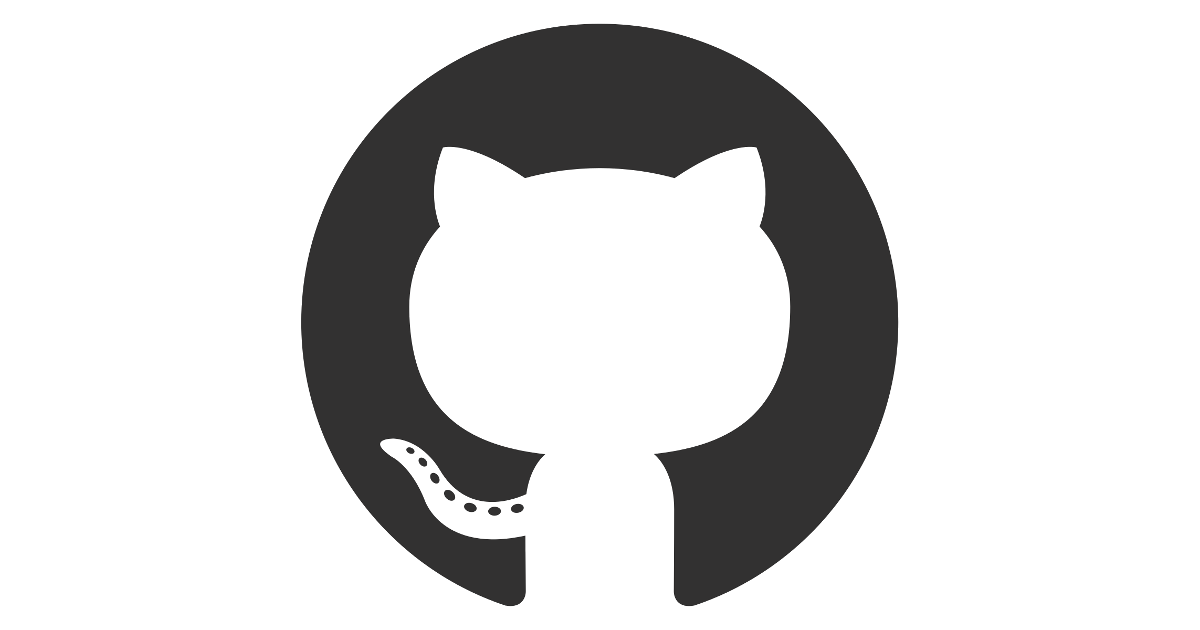Chances are pretty good that if you’re a tech recruiter, you’ve spent a little bit of time surfing Github for candidates, and for good reason: since GitHub’s launch in 2008, engineers on over 96 million projects have used the platform to store their code, control their versioning, and collaborate with teammates. It is one of the most impactful tools in the history of software, and it just got a lot more powerful. And it’s that depth of new “power” that sourcers should be concerned about as we look for talent on Github. That’s right! GitHub isn’t content with being the storage locker for your code: it thinks it has come up with a better way to let software developers collaborate and improve their efficiency.
A few weeks ago, the company announced GitHub Actions, a workflow automation tool. With GitHub Actions, engineers can automate their workflow from idea to production. Workflows can be triggered by GitHub platform events like push, issue, and release (all areas that Dean Da Costa and Sjamilla van der Tooren have explained as areas where we can really understand our technical talent). Engineers can run a sequence of serial or parallel actions in response, allowing them to combine and configure actions for the services engineers know and love built and maintained by the community.
An Action, as defined in GitHub’s new feature, uses code packaged in a Docker container running on GitHub’s servers. Users can set up triggers for events, such as introducing new code to a testing channel, that set off Actions to take further steps involving that code defined by criteria set by administrators. Like most big projects, software development is usually broken down in dozens, hundreds, or thousands of small steps depending on the scope of the project. Teams need to coordinate on the progress of those steps, such as whether they are ready for review or still need some work, as well as coordinating the merging of that code into existing software without breaking anything.
Sam Lambert, GitHub’s head of platform, described it as “the biggest shift we’ve had in the history of GitHub.” He likened it to shortcuts in iOS, just more flexible. “Imagine an infinitely more flexible version of shortcut, hosted on GitHub and designed to allow anyone to create an action inside a container to augment and connect their workflow.”
Actions will be shareable and discoverable.
Well… discoverable to an extent. It will allow developers who have worked on GitHub projects in private repositories, which account for a huge amount of corporate development projects, to list contributions to some of those projects without giving away all the secrets.
